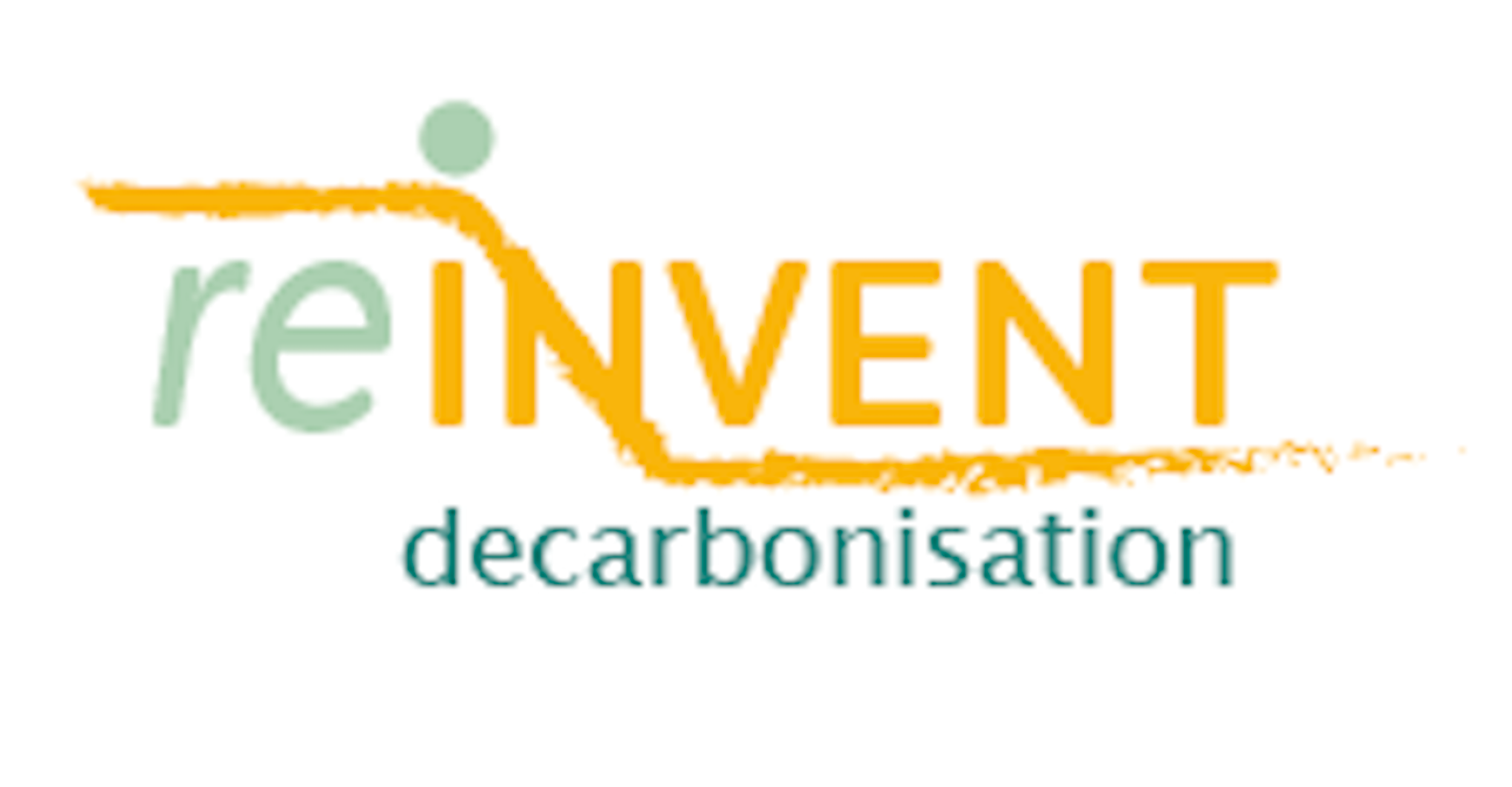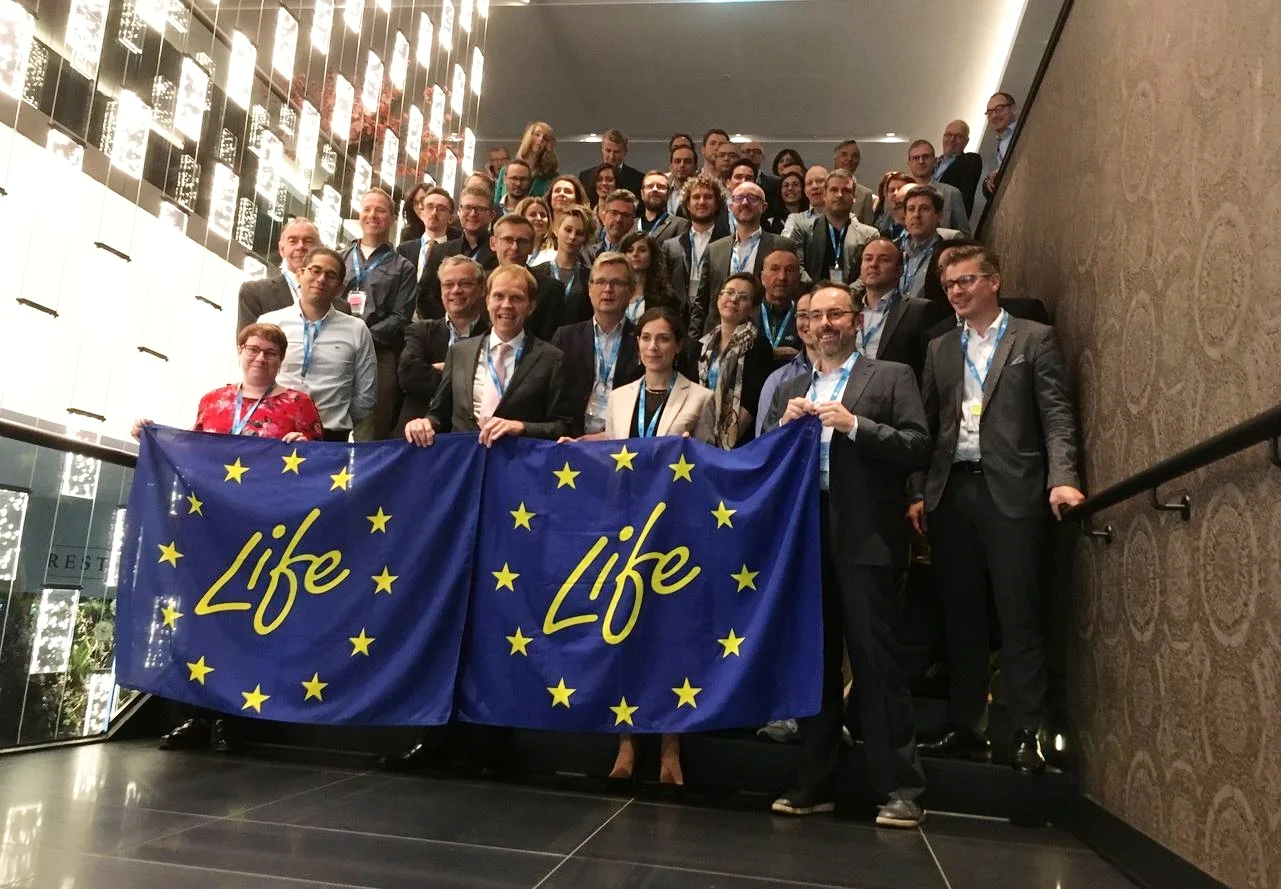Transition to sustainable plastic – what, how and who
REINVENT joins hands with the STEPS programme to co-organise a session at Almedalen (Gotland) – one of the key annual events in Swedish politics.
Plastic is a versatile material with excellent functionalities that make it contribute to durability in a wide range of applications. Plastic gives us easier designs, extends the durability of food, and insulates cables for transmission of electricity. However, there are problems with fossil-based raw materials its production relies on, pollution and varying recyclability. So what is sustainable plastic, how do we get there and who makes it happen?
And what does sustainable mean? Is it bio-based, biodegradable or recycled plastic? Should we use less plastic than today's 100 kg per person in Europe? And if we are going to be fossil-free, is there even enough bio-based raw material? The panel will discuss different ways to more sustainable plastics and how different types of initiatives and instruments can foster development in the right direction. The question is also who is responsible and who can do what to switch to more sustainable plastic.
Contributors
Åsa Stenmarck, Special Investigator Plastic Environmental Impact, IVL Swedish Environment Institute
Per Klevnäs, economist and consultant, Material Economics
Elin Hermansson, Project Manager Sustainable Chemistry 2030, Borealis AB
Linda Zellner, Director Innovation - Materials, Food and Feed, Perstorp AB
Tobias Nielsen, Researcher at the Department of Political Science, Lund University
Lars J Nilsson, Moderator, Professor of Environmental and Energy Systems, Lund University
More information: http://program.almedalsveckan.info/event/user-view/52097.












